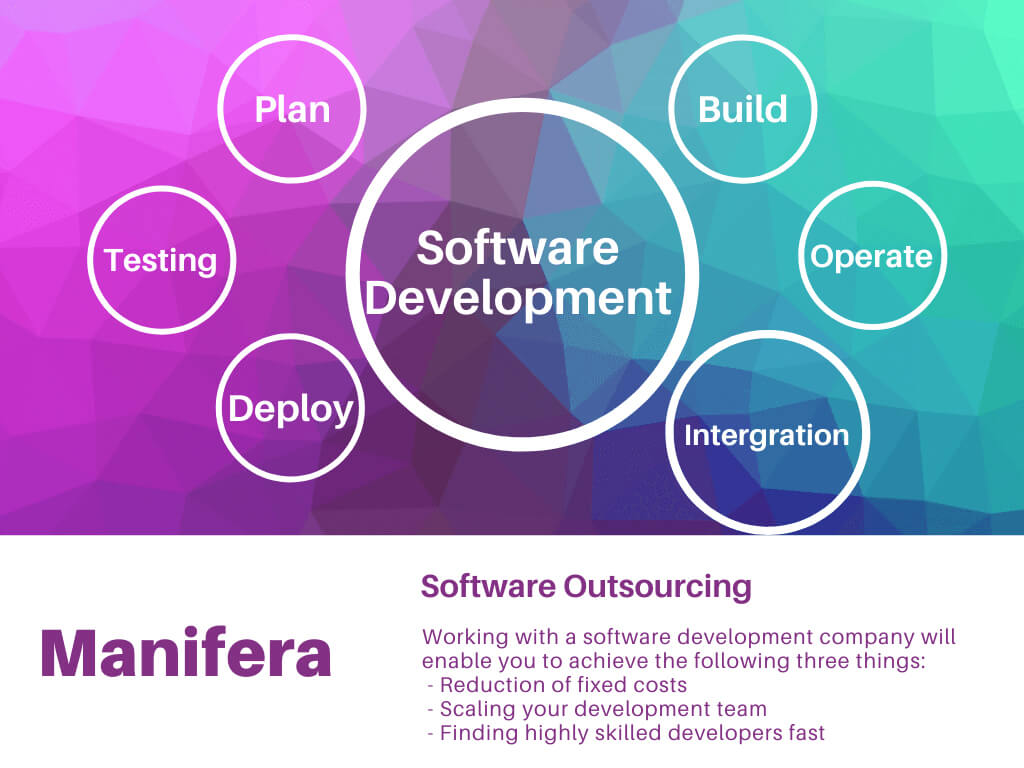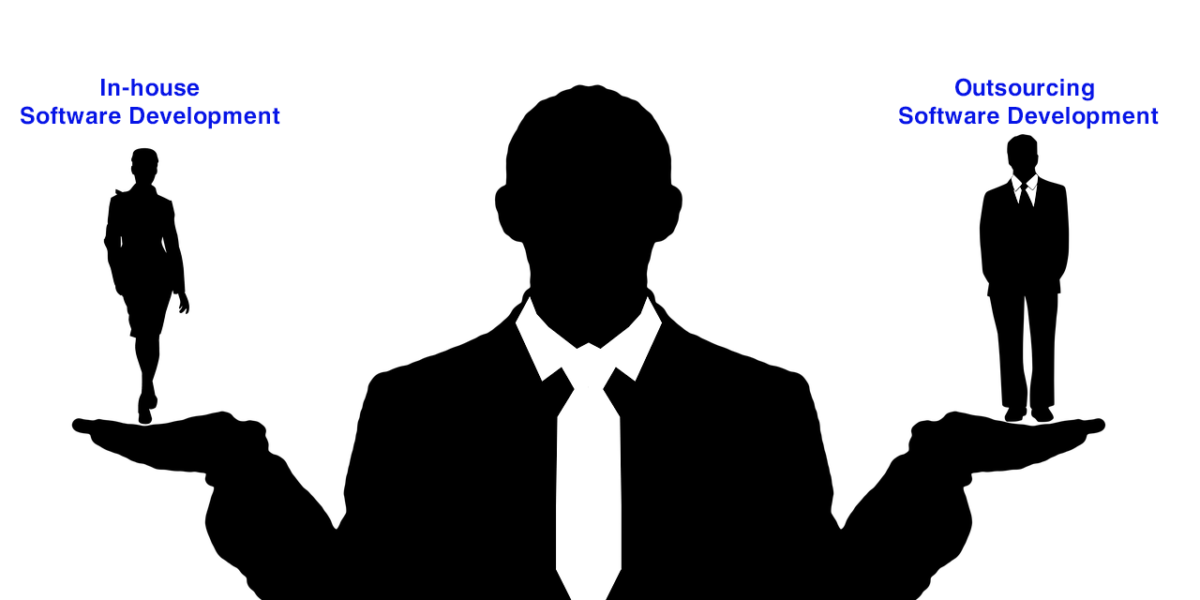
Bear in mind that outsourcing isn’t a business strategy on itself, but rather evolves from a certain business strategy. As you probably know, business strategies vary widely and therefore your software development outsourcing strategy too.
Select the right outsourcing strategy
My organization has:
1. Bad performance in critical processes compared to competitors
If your organization’s capabilities lag considerably behind the capabilities of your direct competitors, then it’s difficult to justify large investments in internal recourses to improve the process when it can be done externally at better costs. After thoroughly analyzing the skills and resources necessary for a process, you should decide on whether you can do it in house or not. If the process is considered as a competitive advantage, but there’s still a lack of skills and recourses, outsourcing is still a viable option. However, you will have to take the future importance of the process into consideration. You will have to ask yourself if the process is still giving added value after changes in the business environment and customer preferences. If the answer is no, outsourcing can save you recourses for future competitive differentiation. Planning the future can be risky and therefore some companies outsource their process partially, allowing itself to not lose control over an added value process that might not lose importance after all. For example, a software development company might have to refuse some projects because they’re working at maximal capacity and it’s difficult to find good employees. In this case, it’s advisable to outsource (part) of your software development in a collaborative way.
2. Superior performance in critical processes compared to competitors
A superior performance sounds ideal, and it is to a certain degree. However, it costs a lot of recourses to maintain and it might not be sustainable in the long run, because competitors can quickly replicate superior performance positions. Think about computer hardware innovation, they are usually very short-lived. Recourses should be allocated merely to your (future) core business processes that have value for the end customer; the rest can be outsourced to specialist companies, with who you must maintain a strong collaborative relationship. For example, if you’re an internet company that specializes in internet marketing applications, you give value to your end customer in the form of brand awareness and reputation. The source code of the marketing application gives little value to the end customer and could be outsourced, saving recourses to maintain superiority in brand awareness and reputation building.
3. Bad performance in non-critical processes compared to competitors
If possible, a non-critical process should be outsourced since there is no competitive advantage. If the cases of non-specific requirements, adopting a market-based contract with the supplier is preferred. In cases of less standardized processes, a collaborative relationship with the supplier is preferred. Some companies first redesign a process to reduce very specific requirements prior to outsourcing. For example, if you’re looking for better decision making management you might consider some business application. If the process for decision making is very specific and time-consuming you will need to outsource in a collaborative way. It may be cost efficient and helpful to redesign the process first.
4. Superior performance in non-critical processes compared to competitors
Even though there is superiority in the process, it’s still not giving a competitive advantage. It’s preferred to outsource such a process and focus your recourses on critical processes that add value to the competitiveness of your organization and the end consumer. Externalizing the process trough transfer of employees and equipment to the supplier is an option, as well as exploiting the capabilities in this area by creating a spin-off business, which specializes in the area. This will create new revenue streams.
Contact us for a free consultation or quotation.
Please read our other articles from the series here: The benefits of outsourcing your software development (part 2) The Road to Outsourcing Software Development (part 1)
Suggested Posts
How useful was this post?
Share it with your friends
Get our latest articles here!
Do you have any questions?
Help us improve the content of this Insightful blog by asking us questions. Manifera's team of experts will help you answer these questions as soon as possible.












